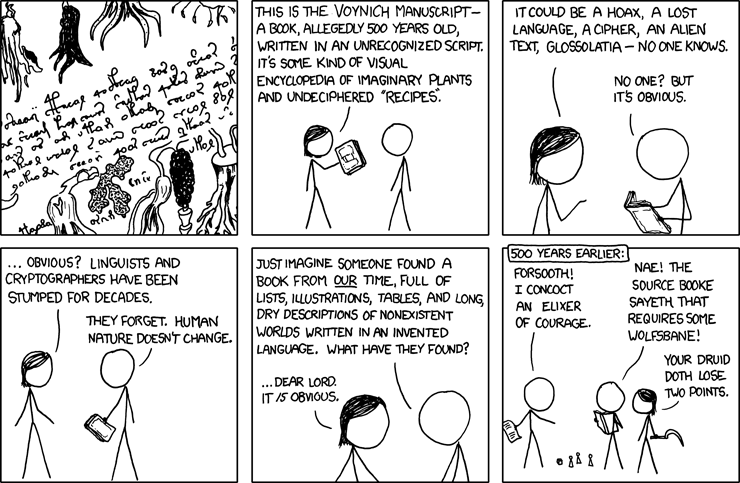Overanalysis of a Kindle Purchase
Thursday, December 31, 2009
I was thinking about buying a Kindle recently. I wanted to think through whether it would be a good economic purchase. I started with the assumption that the user experience would be identical (or at least comparable enough that I wouldn’t pay more for one than the other) and asked myself how long will it would take me to pay back the purchase of the hardware. And, will that payback period be shorter than the expected life of the device?
I looked at my Amazon purchase history for June 2008-December 2009 to assess what my book purchasing habits have been. I found 28 books that I purchased for myself.(1) I then added the four books that I purchased in physical book stores. This gave me 32 titles purchased over 18 months to consider.
I discovered that ~60% (19/32) of those titles are available on the Kindle at an average savings of $4/book.(2) If I’d bought every one of the available titles on a Kindle instead of in paper format, I would have saved $77 over 18 months—about $50/year. At $250 for the device, I’d need to keep my Kindle for 5 years to break even. That seems unreasonable, given an two-year(3) product life cycle for most of my electronics, provided that having a Kindle doesn’t change my book-purchasing behavior.(4)
Were there additional factors to consider? I would gain some value from being able to download and enjoy on a non-backlit screen many out-of-print books like Alice in Wonderland or the complete works of Shakespeare.(5) It would be easier to carry books and I wouldn’t have to wait for them to be delivered. I’d also avoid the need to ‘complete’ orders by getting them up to $25 to qualify for free shipping. Then again, I’d lose the ability to easily make notes, couldn’t loan these books to my friends, and, for those books that weren’t available on Kindle, it would be even harder to ‘complete’ the orders up to $25. It’s all pretty hard to quantify.
So, I ended up getting a Kindle. It’s great and I’m very happy with the purchase. In the end, the portability and instant delivery of books justified the cost to me. It’s a good reminder for me that the ‘economic’ justifications for most of my consumer decisions are less important than the user experience ones and that the attributes hardest to quantify can often drive purchase decisions.
1. I excluded books purchased for others – I’m unlikely to buy someone an electronic copy of a book, and even if I did, whether I could do that is controlled by whether they have a Kindle.
2. Most Kindle titles are $9.99. My purchases ranged from $7-20, with an average cost of $13—strangely this means that there was a small bias in my sample towards the cheaper books being unavailable in Kindle format.
3. I recognize that the Kindle would likely last longer, but it remains true that my devices have a habit of lasting fewer than 3 years: T41 laptop: 2.5 years, then too slow to use; T43 laptop: 20 months then too slow to use; 3rd generation iPod: 25 months then “dead Mac” face (AppleCare warranty lasted 24 months); iPod Shuffle I: 2 years, then lost; iPod Shuffle II: 2 years, then stolen; Samsung A160 phone: 7 months, then its inability to call internationally became relevant; replacement phone running Windows mobile: 18 months then died with a tiny curl of smoke; Motorola RAZR: 24 months, then dropped for an iPhone; 2G iPhone: 23.5 months, then touchscreen failed (leading to two weeks without a phone while my contract expired); 3GS iPhone: still working after 6 months. Whether through obsolescence, the appearance of a sufficiently superior product, failure, or theft, the only device I own today that has seen its third birthday is the CD player/tape deck combo I bought in middle school.
4. Anecdotally, I’ve heard people say that Kindles make reading easier, but don’t actually increase book purchasing behavior. At any rate, I’d have to believe that the device would more than double my book-buying in order for it to make economic sense.
5. How to value these marginal titles? Most can be purchased as “Penguin Classics” for $1-3. The fact that I haven’t yet, even at such low prices indicates to me that I value them very little. For the purposes of this evaluation, I’ll round that down to $0.
Read more...







.jpg)

